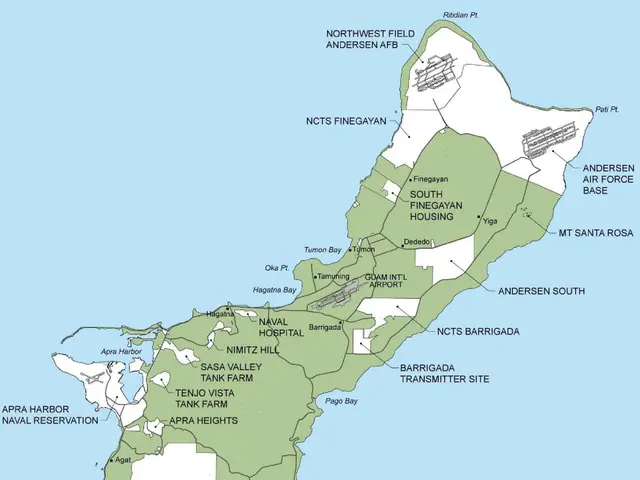App Removal from Google Play Store: Post-Deletion Actions Clarified
Android's week has been far from smooth, with Google frantically removing harmful apps from its Play Store. A recent warning of an attack on Android devices comes hot on the heels of these deletions, making users question the security measures put in place by Google.
An ad fraud scheme was the first to be uncovered, resulting in the removal of 180 apps with 56 million downloads. Next, the dangerous Anatsa/Teabot trojan was eliminated. To add to these threats, fake Play Store pages have been circulating, tricking unsuspecting users into high-risk installs.
Another malware, KoSpy, has come to light, with Google confirming that all identified apps infected with this spyware have also been expelled from the Play Store. This latest warning comes from cybersecurity firm Lookout, which attributes the new KoSpy malware to the North Korean group APT37 (ScarCruft).
The spyware collects extensive data such as SMS messages, call logs, location, files, audio, screenshots, and even records keystrokes. KoSpy has been in operation since at least early 2022 and is still active. The malware often disguises itself as 'File Manager', 'Software Update Utility', or 'Kakao Security' among others.
It's advisable to delete any apps matching these descriptions if they are found on your device, in addition to removing any ad fraud and Anatsa apps (as specified earlier). To ensure maximum protection, keep Google Play Protect enabled at all times on your device.
Google maintains that the use of regional language suggests this malwarewas intended as targeted malware. Google revealed that the latest malware sample was discovered in March 2024 and removed from Google Play. Google Play Protect automatically safeguards Android users from known versions of this malware on devices with Google Play Services, even if apps are sourced from external platforms.

However, disabling Google Play Protect poses a risk, particularly when installing apps from outside Play Store. With the upcoming Android 15 release, Samsung devices will receive new on-device capabilities to monitor app behaviors and flag threats in real-time.
Shifting towards live threat protections will significantly improve security, as apps can be programmed to download threats after installation, avoiding earlier detection. Keeping your device's operating system and apps updated helps ensure any security patches are applied, reducing vulnerabilities.
To further reduce the risk of KoSpy and other malware, avoid downloading apps from third-party sources, be cautious with app permissions, install reputable security apps, and regularly backup important data. In some cases, a factory reset may be necessary for complete malware removal.
While Samsung is strengthening its devices against sideloading, app stores beyond Google and Apple's own are expected to become more prominent due to regulatory pressure. Despite promises to eradicate abuse, it's clear that the war against malicious apps and their tactics remains ongoing.
- The security concerns on Android devices intensify as a new warning about the KoSpy malware, attributed to the North Korean group APT37, has been issued by cybersecurity firm Lookout.
- Android users are advised to delete any apps resembling 'File Manager', 'Software Update Utility', or 'Kakao Security' on their devices, as these may be disguised instances of the KoSpy spyware, which has been identified as a high-risk threat.
- Samsung devices, with the release of Android 15, will receive new on-device capabilities aimed at monitoring app behaviors and flagging threats in real-time, contributing to a shift towards more robust live threat protections against malicious apps.







